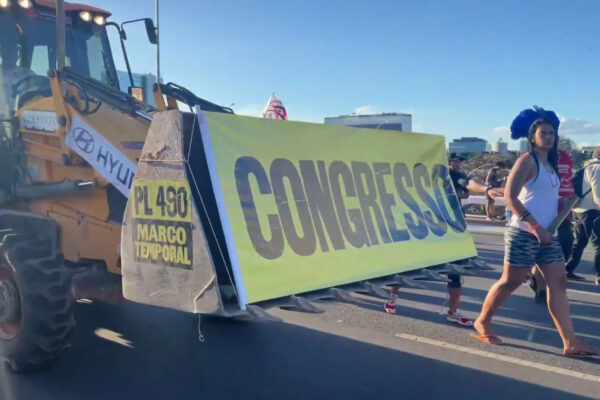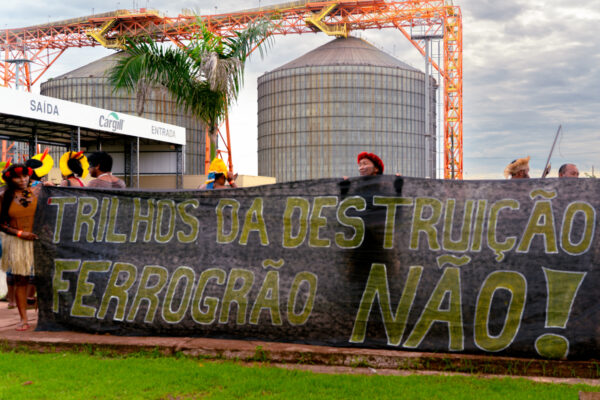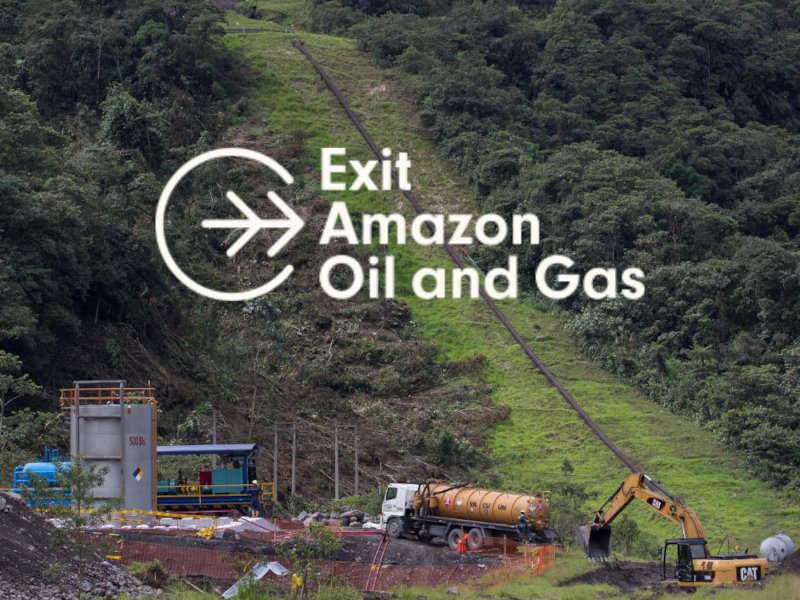As global concern about the fires devastating parts of the Amazon rainforest peaked in August, one of Scandinavia’s biggest investors dropped a bombshell.
Nordea Asset Management which controls more than €200bn of funds, announced it was quarantining Brazilian government debt because of political and environmental risks. The fund halted purchases of sovereign debt issued by the world’s ninth-biggest economy and put its existing holdings under review.
“Since Nordea Asset Management is investing money on behalf of its clients, we must always be assessing political and environmental uncertainties in order to manage financial risks,” the Norwegian investor said when asked about the ban.
The decision was part of a wave of moves by asset managers and multinational companies to limit the risk of doing business with Brazilian companies or entities exposed to deforestation.
That concern was heightened by news last month that the rate of loss of forest cover in the Brazilian Amazon rose by 30 per cent in the 12 months to the end of July, the highest level since 2008 according to estimates by INPE, Brazil’s space agency.
Business concern about the fate of the world’s biggest carbon sink is not limited to asset managers. Fashion retailer H&M announced this summer that it would stop buying Brazilian leather until it could be shown to be free of any risk of contributing to environmental harm in the Amazon.
Much of the illegal burning of virgin rainforest takes place to clear land for cattle whose hides can enter the supply chain of companies selling to retailers abroad. The investors’ moves show how environmental, social and governance (ESG) issues are climbing the corporate agenda in Brazil.
“Consciousness of environmental issues has risen a great deal,” says Marcelo Seraphim, Brazil head of the UN-backed Principles for Responsible Investment (PRI), an international network of investors that describes itself as the leading proponent of responsible investment.
“It’s become a question of survival in the global market. It is hard to survive if you are not considering ESG issues.” The PRI counts nearly 60 Brazilian companies among its signatories. The principles commit firms to a code of practice and annual reporting on their efforts to comply with ESG principles.
Peter Taylor, the São Paulo-based head of Brazilian equities at Aberdeen Standard Investments, with $6bn of funds under management in the country, says local investors had historically focused on governance more than environmental and social issues but this was starting to change.
“The rhetoric about ESG has grown faster than the reality,” he says. “But the reality has also grown and there is a lot more work being done than in the past on the environmental and social issues.”
Like other investors in Brazil, Mr Taylor points out that the environmental issues around equities are sector- and company-specific.
“You’re talking about protein companies, meat companies, mainly cattle and beef,” he says. “There isn’t a strong Amazon angle to chicken and pork [farming] but there is on cattle.”
However there are limits to what ethical investment can achieve in the Amazon region. One big problem is that most deforestation is the work of criminal groups, some with ties to illegal loggers or drug traffickers. The cleared land is used by ranchers or wildcat miners: all operating below the radar of international investors.
“What is happening in the Amazon is not to our knowledge directly caused by responsible companies or even companies which are listed,” says Jeanett Bergan, head of responsible investment at the KLP pension fund, Norway’s largest pension provider.
“[We have talked to] the international ones we are invested in, who are mostly exposed to trade, use or financing of cattle and soy from the Amazon. They are trying to engage and to take action not to contribute to deforestation. What is happening in the Amazon is mainly illegal activity.”
This creates a problem for companies trying to follow ethical principles. The risk that illegally farmed cattle hides may end up in a retailer’s supply chain, perhaps sold on by unscrupulous traders, is what prompted pre-emptive bans by the likes of H&M and the US-based VF Corporation clothing group, which owns brands such as the North Face, Vans and Timberland.
Ms Bergan says the $80bn Norwegian pension fund, which blacklists companies that violate its ethical guidelines, talks to a lot of the companies it is invested in about supply chain management: “We ask questions and we hold them responsible.”
Brazil’s meatpacking group JBS is on the blacklist, though Ms Bergan says the main reason for this is the risk of corruption (a JBS executive has testified that the company bribed more than 1,800 politicians over several years). Mining company Vale is also shunned after a spate of accidents including the Brumadinho dam collapse in which nearly 300 people died.
Despite international pressure for Brazilian companies to become more compliant with globally recognised environmental standards, not all the country’s business groups have heard the message. A prominent Brazilian business lobbyist still privately insisted that the environmental campaigns against Amazon deforestation constituted an “act of wickedness against Brazil” perpetrated by foreigners. “It is all lies,” he fumed.













